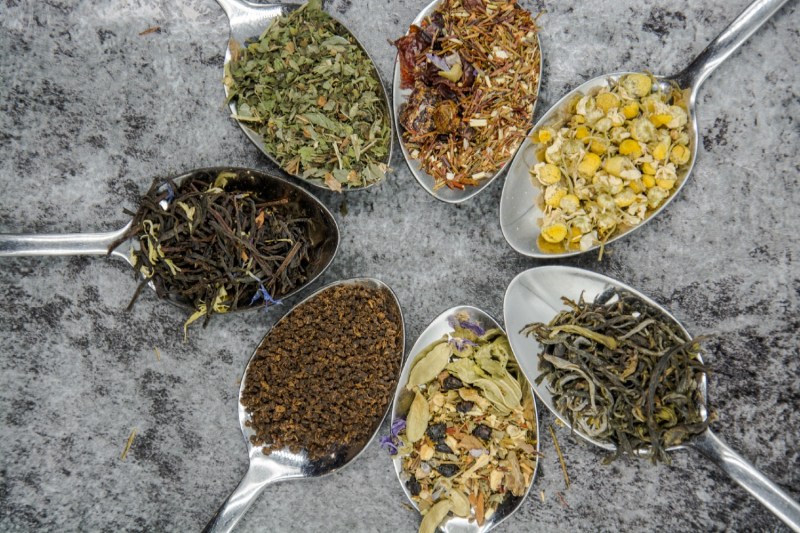
Let’s chat about herbal tea, shall we? Herbal teas are made from seeds, flowers, roots, and leaves and are packed with antioxidants. Just like regular tea, you can purchase herbal teas in the form of a tea bag or loose leaf. There are a lot of varying health benefits to drinking tea and some herbal teas have been used as remedies for traditional and non-traditional medicine. Aside from any medical and health benefits, herbal teas are flavorful and can be consumed as iced teas or hot tea.
Do Herbal Teas Have Caffeine?
Normal tea comes from a specific plant called Camellia Sinensis and contains caffeine. These teas are not related to herbal teas. Therefore, if you are drinking authentic herbal tea, you can count on it being caffeine free.
Healthy Herbal Teas You Should Try
Before we begin chatting about the benefits of herbal teas and which ones you should try, it’s important to note a few disclaimers. Studies have been conducted on various herbal teas and more is needed to understand how they work on the body in ways both good and bad.
You can enjoy these teas on a regular basis; however, overuse can have a downside and create side effects. Not all herbal teas are safe for everyone so you should obtain medical advice as needed. Herbal teas are used in conjunction with traditional medicine but not as a replacement.
Chamomile Tea
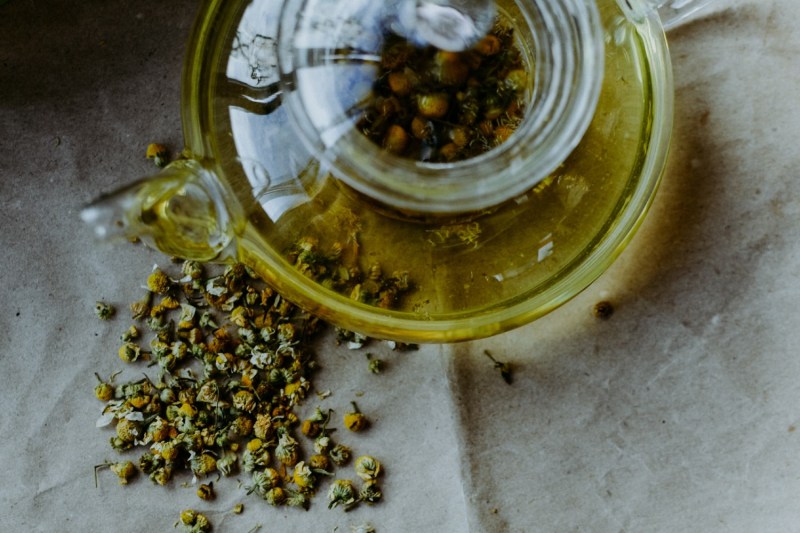
There are two plants that are known as chamomile; German chamomile and Roman chamomile. Both plants are related to the daisy and sunflower families and were traditionally used for medicinal purposes. The chamomile blossoms have white petals with a yellow middle, and resemble daisies.
You can drink chamomile tea any time of the day but because of its relaxing properties, it is the best tea to drink in the evening to promote sleep. Some studies have shown that chamomile is known to promote better immune systems, inhibit cancer cell growth, but may also help with lowering blood sugar if you are diabetic. Some other uses for chamomile are reducing inflammation, and as a remedy for upset stomach, hay fever, and muscle spasms.
Ginger Tea
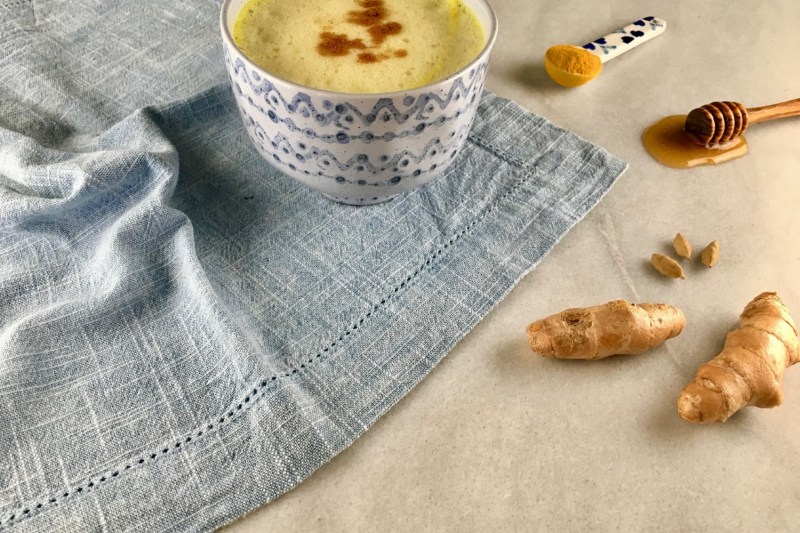
Ginger is a great way to spice up certain cuisines but did you know it has also been used for centuries as an herbal remedy? Ginger tea is made from the ginger root which is indigenous to parts of Asia but is now grown worldwide. Ginger has a spicy and earthy kick to it which makes it a great herbal tea to help relieve a variety of ailments. Some studies have shown that ginger tea can help with nausea, high blood pressure, heart disease, and obesity.
Studies are still being performed but there is evidence that the antioxidants in ginger can help with strengthening immune systems and reduce stress. If you suffer from osteoarthritis or have type 2 diabetes, ginger tea may be able to help with inflammation and blood sugar control.
Peppermint Tea
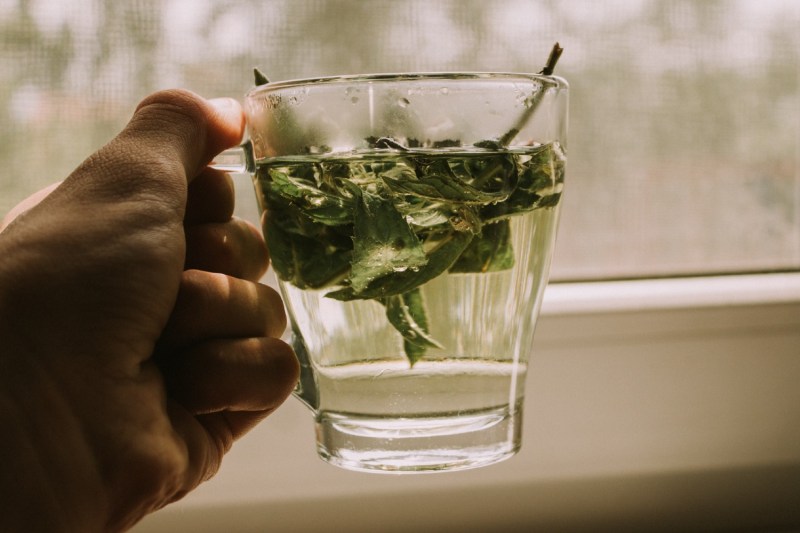
Peppermint leaves are infused with hot water to create a minty fresh tea that soothes your body. One of the best things about peppermint is that it freshens your breath. The oils in peppermint and peppermint tea can help with better digestion, reduced headaches, and it even has antibacterial properties. If you suffer from seasonal allergies, you may find that peppermint tea can help alleviate nasal congestion. The main active ingredient in peppermint is menthol which is antifungal and studies have found it reduces harmful bacteria found in the mouth as well.
Rooibos Tea
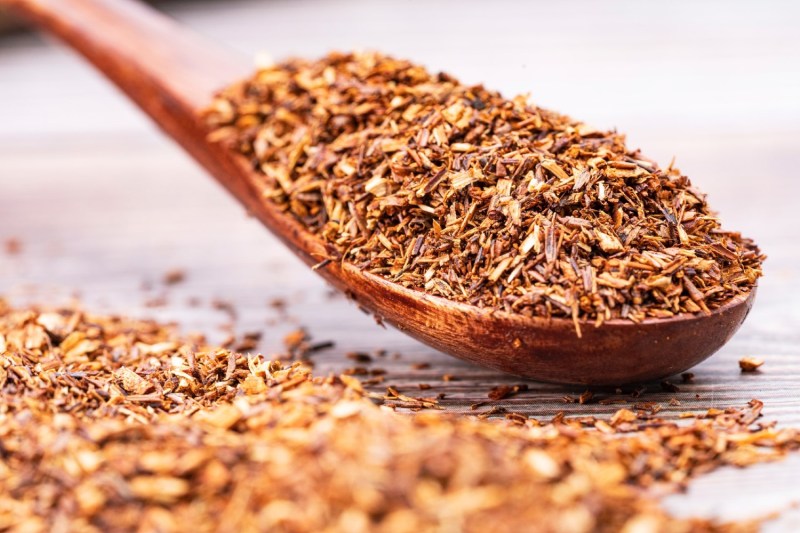
Rooibos is translated to “Red Bush” and is grown in South Africa. The antioxidants found in Rooibos are polyphenols that are found to reduce stress. The flavor of Rooibos is naturally sweet with a slightly nutty taste, making it a very smooth and gentle tea. Unlike coffee, Rooibos tea is non-acidic and is easy on the stomach. Most of the benefits of drinking Rooibos are the stress-reducing properties that help relieve inflammation. You can find Rooibos under the names red tea, bush tea, red bush tea, or just Rooibos tea.
Lemon Balm Tea
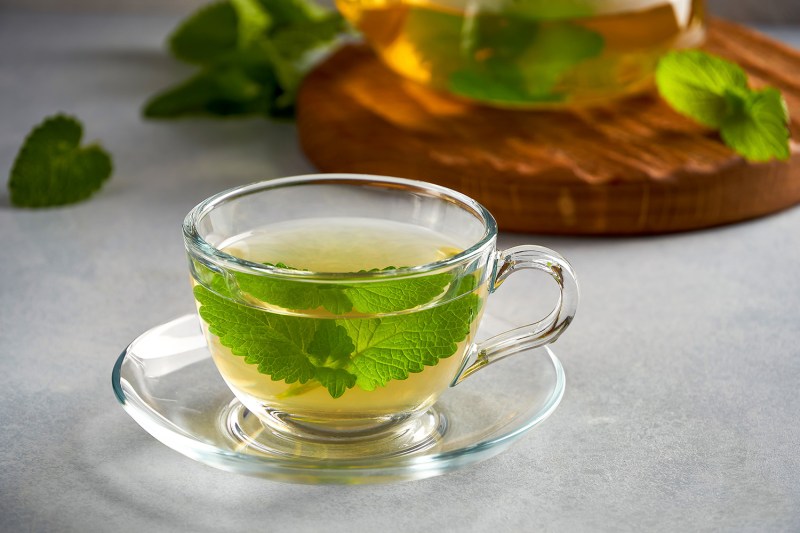
Lemon balm tea is similar to peppermint tea in that it has a minty flavor but is mixed with a mild citrus undertone. This tea has been widely used to treat digestive disorders, insomnia, and anxiety. Lemon balm boosts a neurotransmitter called GABA which is known to soothe stress. If you need a bedtime tea, then this mildly calming herbal tea is a good choice for those sleepless nights.
Lemon Verbena Tea

You can use lemon verbena tea if you are feeling a little under the weather. Lemon verbena has been used in traditional medicine to fight colds, fevers, spasms, and indigestion. It has even been known to promote immune systems and weight loss.
Hibiscus Tea
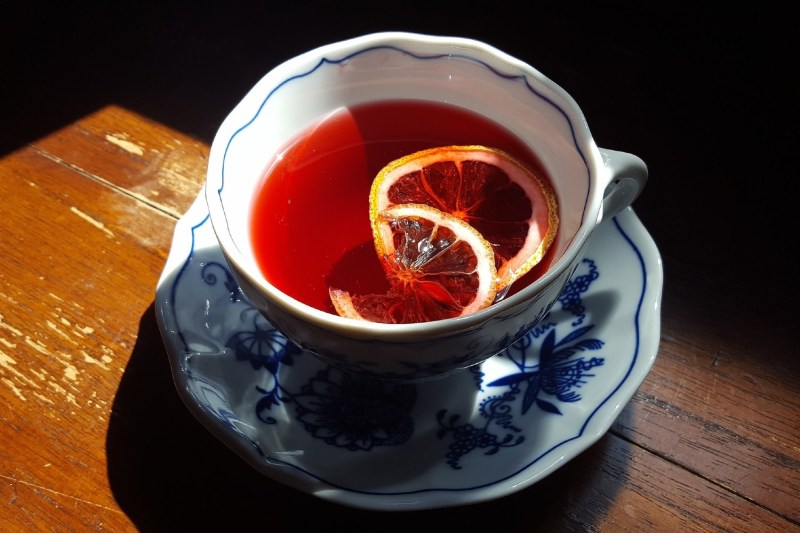
The hibiscus plant has a tart and cranberry-like flavor that can be enjoyed hot or cold. In Mexico, they use the hibiscus plant in a cold drink called agua fresca. No matter how you drink hibiscus tea, it offers a wide range of health benefits. It is packed with antioxidants that protect against free radicals, helps lower blood pressure, and may help lower blood fat levels. In addition to the antioxidants and blood pressure benefits, it may promote liver health, weight loss, and it contains components that are suggested to be cancer-fighting agents.
Rose Hip Tea

Rose hips come from the rose plant and have a tart, floral aftertaste. Like most other herbal teas, rose hips are rich in antioxidants and may boost the immune system. Rose hips may also protect against heart disease, aid in weight loss, and may aid against type 2 diabetes as well as inflammation. One other surprising benefit is the anti-aging benefit for the skin. Imagine drinking your way to a younger self.
Licorice Root
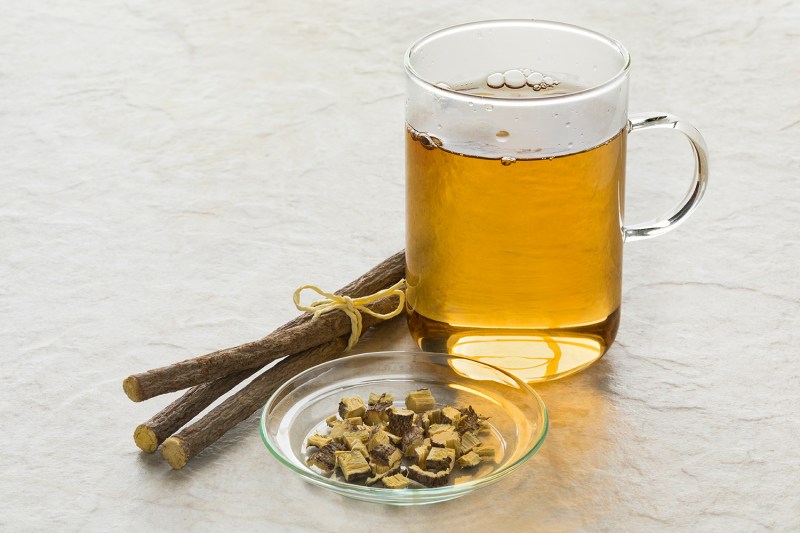
You either love licorice or you hate it but as a tea, you can benefit from its effects. Licorice root tea is typically used for upset stomachs and sore throats. It also has properties that can help treat liver disease and SARS infections. There are a number of other benefits to drinking licorice root tea but prolonged use can cause electrolyte imbalances. If you suffer from heart or kidney disease or have high blood pressure, you should consult a doctor before use.
Sage Tea

That’s right, sage tea. Believe it or not, sage is related to the mint family. The same sage you use on your Thanksgiving Day turkey or your breakfast sausage. This tea is very aromatic and may promote skin, oral, and brain health. If you are worried about heart disease or type 2 diabetes, it may decrease those risks. Camphor is one of sage’s ingredients and has been found to speed up the healing of wounds. There have also been studies conducted on the brain where it could boost mood and improve memory functions.
Jasmine Tea

Jasmine tea is made by infusing jasmine blossoms with green tea, white, black, or oolong tea. It has a light and fragrant floral scent that is packed with antioxidants. Jasmine tea has been linked to lowering the risks of heart disease and certain cancers. Sip hot jasmine tea to help with stress and anxiety. It may also help in weight loss and boost brain function.



